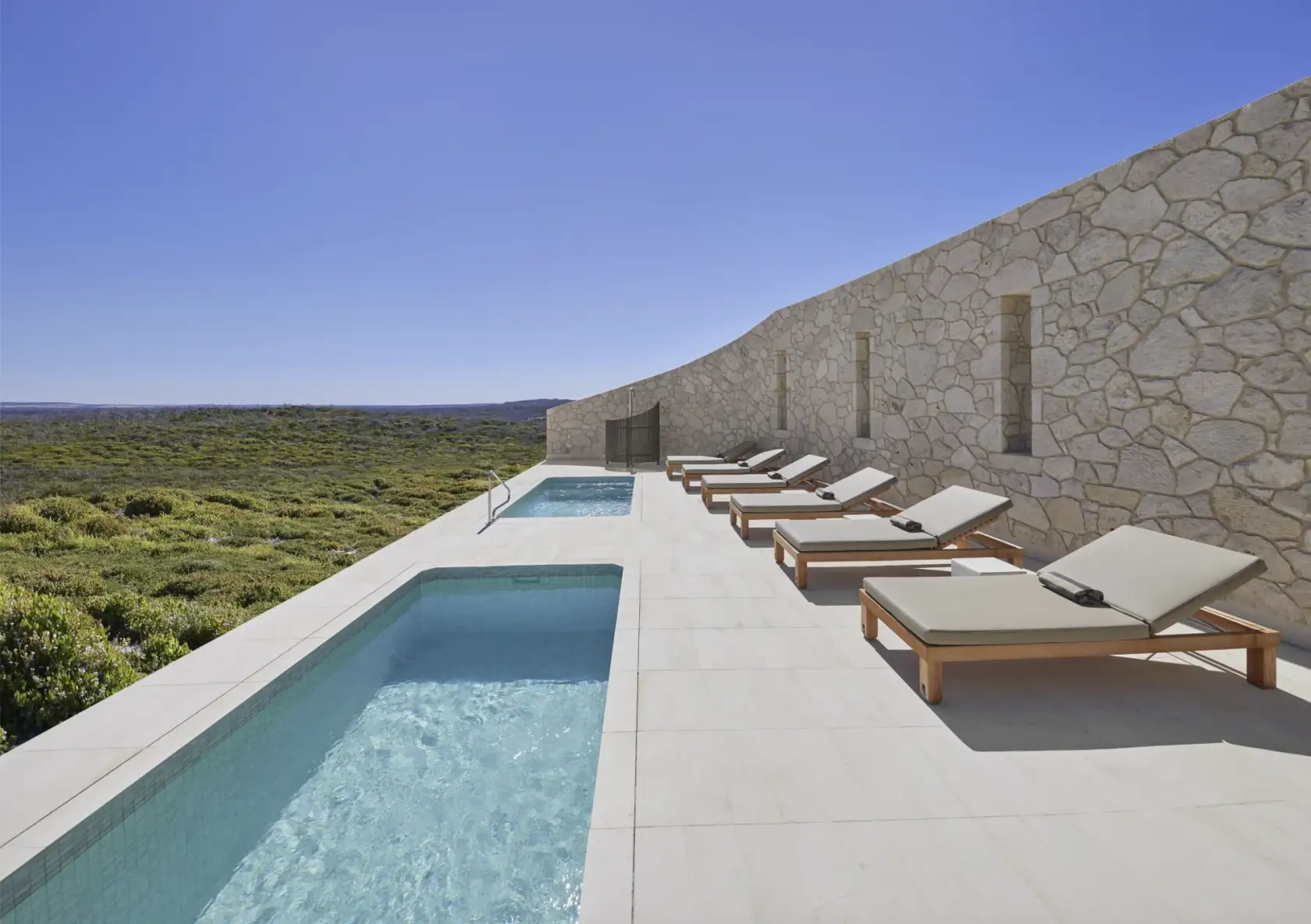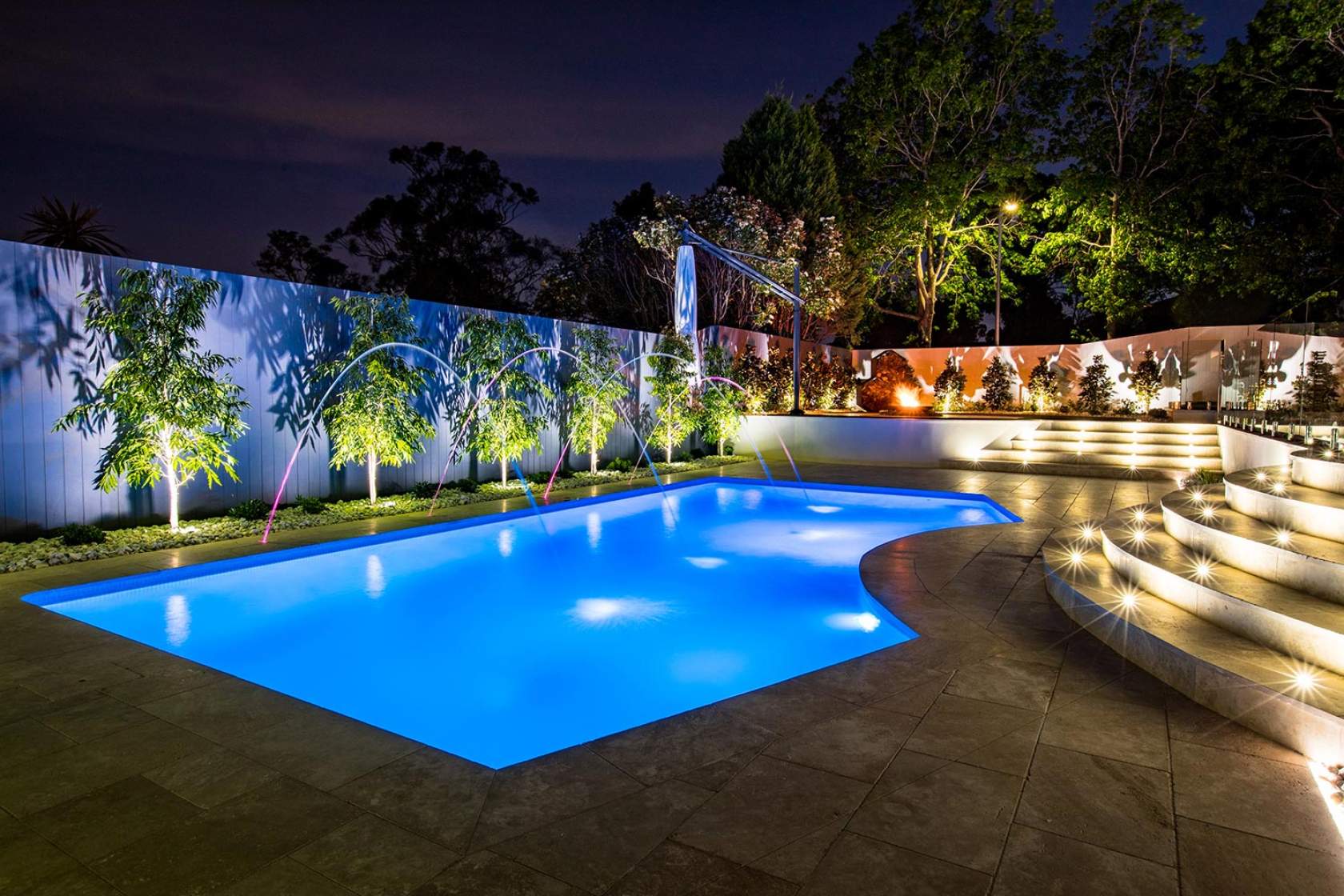

Save energy and save $$$$
A swimming pool is a fantastic investment that will provide years of enjoyment when properly maintained. Get the most from your pool while saving energy — and dollars — with these handy tips.
Swimming pools and spas can be large energy users in residential environments, so it’s worth investigating ways to keep energy use down, reduce your environmental impact and save money. Here’s a few areas to look at when assessing your energy usage.
Start at the beginning
Straight up, speak with your energy provider. Many offer incentives to use off peak electricity, meaning you can save some serious dollars simply by using equipment in shoulder or off-peak tariff periods.
Ask about smart meters too — many suppliers offer upgrades free of charge, allowing you to take advantage of cheaper electricity rates and keep an eye on usage. Shop around if your current provider doesn’t offer enough motivation to save.
Equipment location
Pool pumps and filtration systems can be noisy, so be sure to locate pool equipment away from living areas — yours and your neighbours’. Consider having equipment enclosed in a housing designed to minimise noise. Soundproofing means you can run the pool overnight without disturbing anyone, allowing you to access cheaper power during off-peak times.
Efficient products
The bigger the pump, the more power it uses. As a general rule, opt for the smallest pump that will efficiently do the job. In some residential installations, a 750W pump should suffice but consult a licensed pool and spa technician to be sure. The E3 Energy Rating Labelling Program for pool pumps offers guidance on the most energy-efficient models available.
If you’re thinking about replacing your pool pump, seek some expert advice and consider installing a multi-speed or variable speed motor with an automatic controller to give you extra functionality including vacuuming, water turnover, automatic pool sweeping and pump operation. The controller will automatically default to a lower speed once tasks are complete, saving energy and money.
Pool filtration
A pool filtration system uses a pump to circulate pool water through a filter and return that cleaned water back to the pool. The length of time the filtration system should run depends on a number of factors, including:
the size of the pool
the installed filtering equipment
how often the pool is used and by how many people
environmental factors such as the amount of sunlight or wind hitting the pool surface.
The number of people swimming in a pool is referred to as the ‘bather load’. The higher the load, the more filtering will be required.
Reduce running times
Determine the optimum filtration time for your pool; one complete turnover of water every 24 hours will provide adequate filtering for the average residential pool.
In most cases, six hours per day in summer and four in winter should be sufficient. Consider installing a timer to simplify things.
Cover up
Use a pool cover — they protect the pool from leaf litter while also extending the swimming season. Covers trap in heat while reducing water and energy loss through evaporation. A well-fitted pool cover can reduce the energy use for a heated pool by up to 50%.
Heating
Heating lets you use your pool longer, but can add to the energy bill if you don’t take steps to mitigate wastage. Solar, heat pump and gas heating systems all vary in terms of set-up and running costs. Talk to an expert to find the best option for your specific pool and location.
Keep up the maintenance
Prevention is always better than cure. Clean the filter cartridge element regularly, then soak and degrease it twice a year. This will help avoid your filter becoming clogged, which can lead to poor water circulation and filtration issues. Clogged filters also cause other equipment to work harder than necessary, drawing more power than usual.
It’s not hard to reduce your energy use — and to save serious money — by making a few simple changes. If in doubt, speak with a SPASA member who can provide the most current information and advice on energy-saving products and practices.
